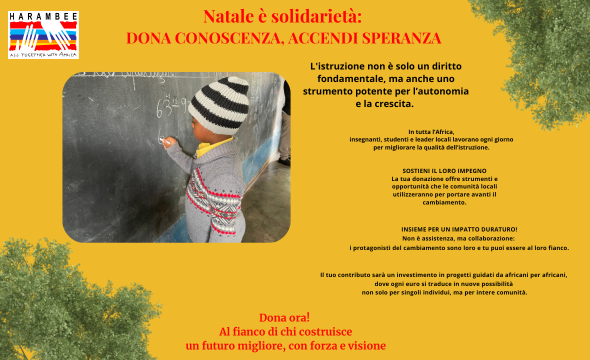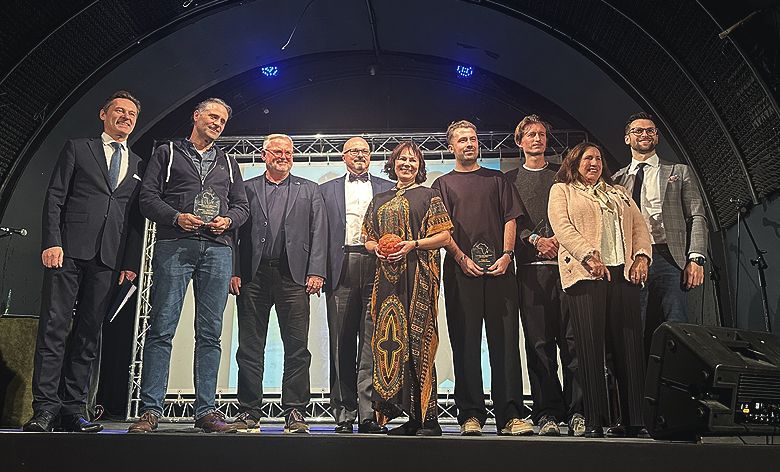Nigeria. Training Young Women in Tourism to Diversify and Reduce Growing Income Inequalities.
"I'm learning to manage my time better," says Happiness, a student at the Iroto School of Hotel and Catering, a private vocational training institute in the tourism sector, which welcomes girls with limited means, thanks to scholarship programs. Iroto, located in the village of Iloti, about an hour and a half from Lagos, was founded in 2005 with the aim of offering young women in rural areas the opportunity to improve their living conditions.
"I am learning to work hard, to focus on goals and to work towards them". Before the opening of the School, most of the girls in this environment were unemployed because they lacked the necessary skills to find a job; "Studying costs money and my family cannot afford it". Happiness is eighteen years old and has four brothers. Her father had a small print shop, but the business went badly; her mother works odd jobs so that the only source of livelihood comes from the only employed brother who earns about 100 euros a month.
The School offers a two-year study programme in the hotel and catering industry. Those who finish their studies here obtain an internationally recognized diploma. "When I finish, it will not be a problem to find a job because I will have the skills required by a fast growing market".
Driven by oil exports, Nigeria is attempting to diversify its production and domestic market, with significant increases in sectors that are completely new to the country, such as services, and new market prospects, such as the Nollywood film industry, which has exported Nigerian culture beyond its borders, and tourism.
Domestic tourism is growing strongly, directly employing 1.2 million people and supporting another 2 million jobs through industries such as construction and food processing. However, the sector is still relatively underdeveloped and the contradictions of a country that is Africa's leading economy are great.
The unequal division of profits from oil sales, widespread poverty, high rates of corruption and ethnic divisions between states contribute to the instability of all its territories. And so, alongside the strong economic and technological development, coexist a high rate of poverty, huge slums, collapsing infrastructure, lack of drinking water, disastrous sanitary conditions and a large gap in the income of its population.
And precisely to help reduce this gap, vocational training courses are essential to develop the innate entrepreneurial skills of the Nigerian people. Training young women also means contributing to their social and economic redemption, which is still severely hampered.
"Studying at Iroto does not only mean being able to receive professional training; the human accompaniment we receive has allowed me to explore life in all its aspects, it has given me the desire to look at life from a richer and more positive perspective and I, today, am certain that, with sacrifice and dedication, I can do it".
In addition to their academic work, the students of Iroto are actively involved and engaged in community development projects, strengthening the social impact of the School in the surrounding villages.
"When I finish my studies, I want to start my own business: I will improve my life and that of my family, but I would also like to help ensure that tourism is useful for the preservation of our culture, history and ecology, then we could consider it a success".
Harambee is currently participating in the training of five girls through scholarships, which are possible thanks to private fundraising. Help us, even a small contribution is important!
Click here to know how







